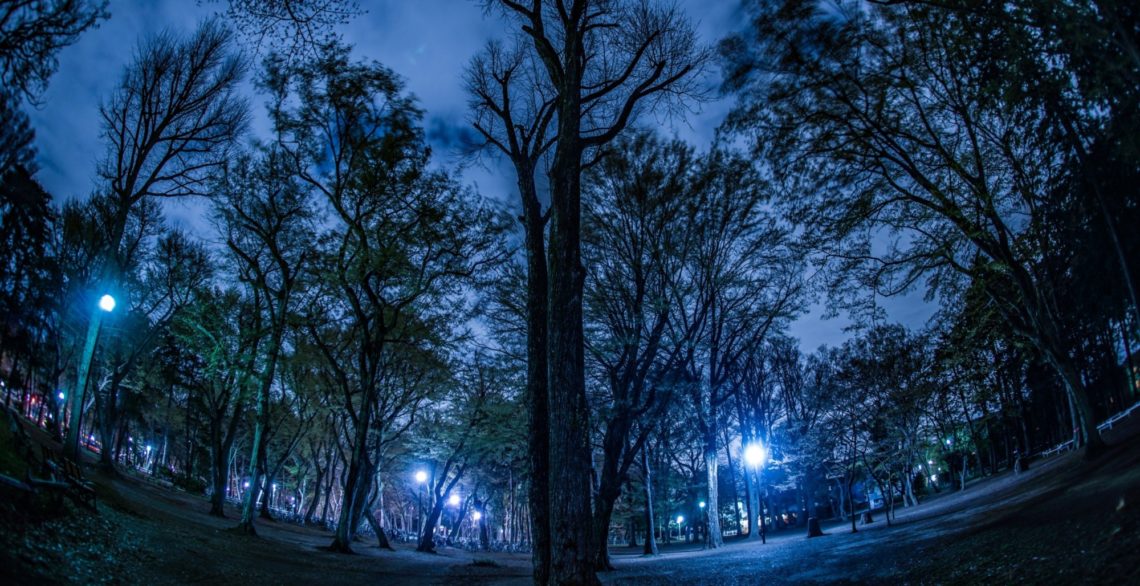By 2030, a California startup called Reflect Orbital wants to fill the night sky with 4,000 orbiting mirrors that bounce sunlight back to Earth.
The plan is to use what essentially amounts to space-based disco balls to keep solar farms glowing after dark. The company swears it’s the next step in renewable energy. Astronomers and ecologists disagree.
The project’s first test run, a satellite named EARENDIL-1, is slated for launch in 2026. It’ll unfold a 3,600-square-foot mirror in orbit to reflect sunlight toward targeted solar farms. Reflect Orbital promises “continuous, reliable access to energy, day or night, to increase power generation.”
This Company Plans to Turn the Night Sky Into a Massive Solar Panel
The idea sounds clean and futuristic. The kind of thing we should be dreaming up and investing in. But, according to the aforementioned astronomers and ecologists, it’s probably not going to work the way they think it will.
In an essay in The Conversation, two astronomers, Michael J. I. Brown and Matthew Kenworthy, crunched the numbers and found that sunlight reflected from one of these satellites would be about 15,000 times dimmer than the midday Sun.
That’s still brighter than the full Moon, but nowhere near enough to make a dent in serious power generation.
To get even 20 percent of daylight intensity, they estimate you’d need 3,000 mirrors focused on one spot. And since satellites zip around the planet rather quickly, you’d need thousands more to maintain steady illumination.
All of that assumes nothing goes wrong, which definitely won’t happen. One stray meteorite or piece of space junk could send a mirror spinning out of control, and suddenly, a small town or a random person driving several miles away is blinded by a light beaming down from the heavens.
Astronomers warn that an army of orbiting mirrors would effectively make it “full Moon bright” every night, drowning out faint celestial objects. That’s catastrophic for observatories and not great for wildlife either. Countless species depend on natural darkness to migrate, feed, and reproduce.
Reflect Orbital’s FCC application is still pending. If approved, it could mark the dawn of a new era of perpetual daylight that will disrupt earthly nightlife as never before.
The post This Company Wants To Turn the Night Sky Into a Giant Solar Panel appeared first on VICE.




